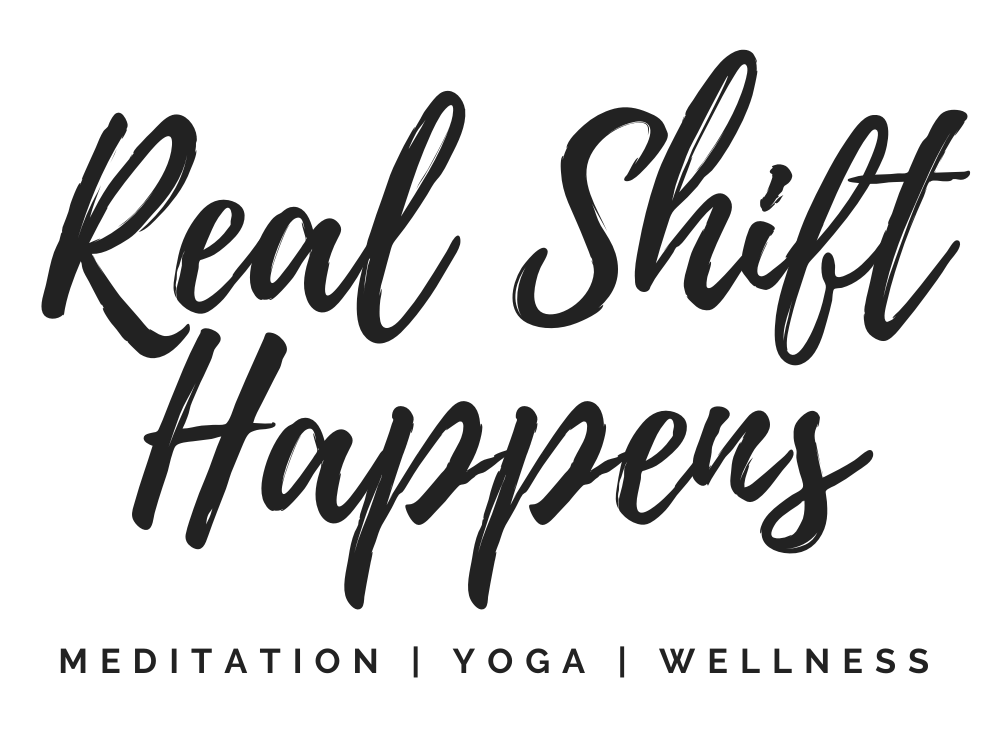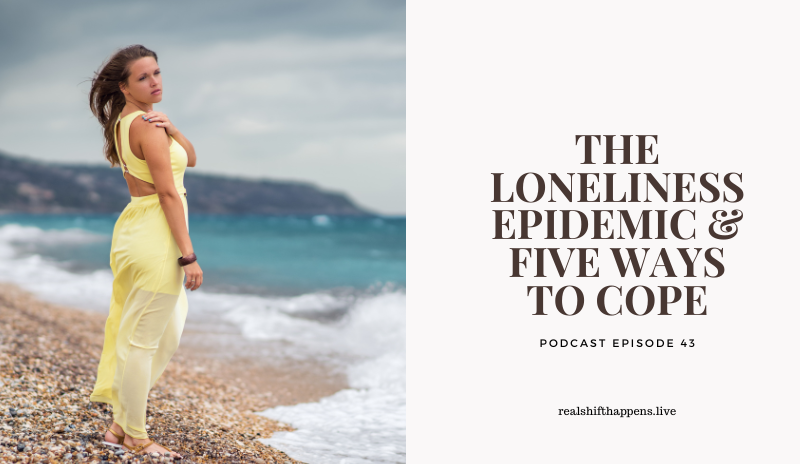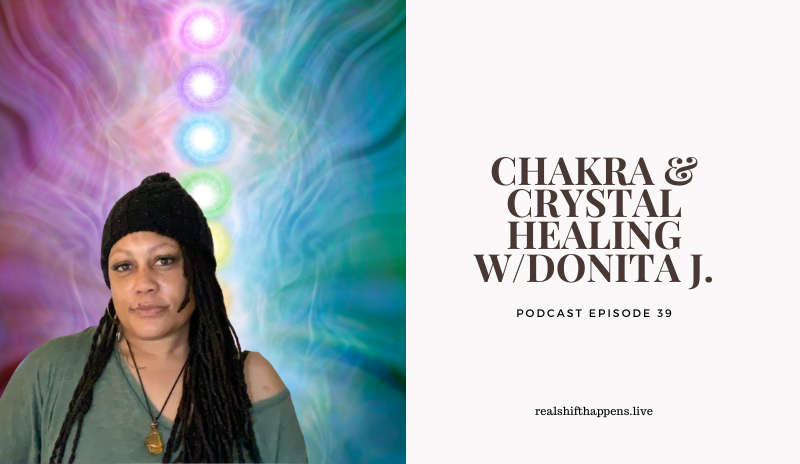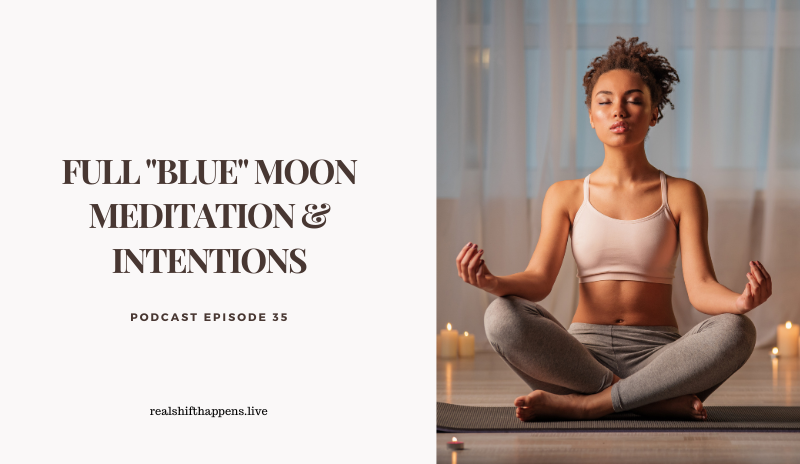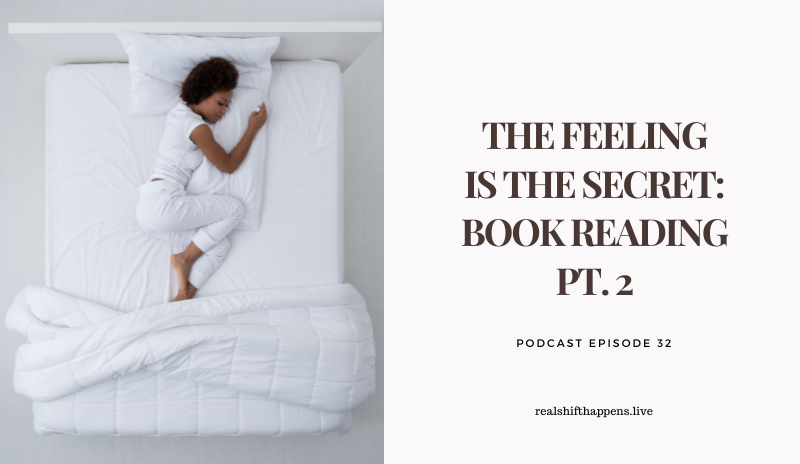And five ways to cope with loneliness.
Peace and blessings. In this episode, we’re talking about the loneliness epidemic. Yes, it’s become an epidemic because so many people are lonely. But why do we feel so lonely? Whether we’re in a relationship, married or surrounded by friends, we can still feel alone and lonely. And what can we do to cope with this feeling?
We’ll touch on some of the reasons we feel so lonely and five ways to help cope with loneliness.
Listen to the podcast and keep scrolling.
Loneliness Epidemic
In episode 42, we talked about breakups and attachments so I thought it would be fitting to sort of piggyback on that with talking about the loneliness epidemic that we face not only in the US, but around the world. When we say loneliness, this does not necessarily mean people who live alone and enjoy their solitude. Loneliness can affect people living alone and people who have lots of people in their lives.
A new Cigna study conducted this year showed that in the US 61% of adults reported being lonely. This is a seven percent rise from just 2018, along with a rise in mental health illnesses. So those numbers are going up and I suspect will go up even more in the years to come with automation and AI.
But in this age, when we’re able to be more easily connected than ever, why are so many people so lonely? Some people report to have no friends at all, but in general, most of us have friends, family and loved ones yet still report being lonely.
According to a recent poll in 2019 by OnePoll and Evite, the average american has about 16 friends in different degrees of companionship from close friends to acquaintances. And that the average American adult hasn’t made a new friend in five years.
In contrast, a YouGov poll taken showed 22 percent of millennials do not have any friends at all, 27 percent said they have no close friends, 25 percent said they have no acquaintances and that 30 percent feel lonely. In this poll, Millenials had the highest percentage of loneliness of all the generational groups. In comparison, only 9 percent of baby boomers and 16 percent of Gen Xers said they have no friends at all. Unfortunately, this poll did not measure why millennials have the higher numbers but I wonder if it’s because they were the first to come into the age of social media during their formative years.
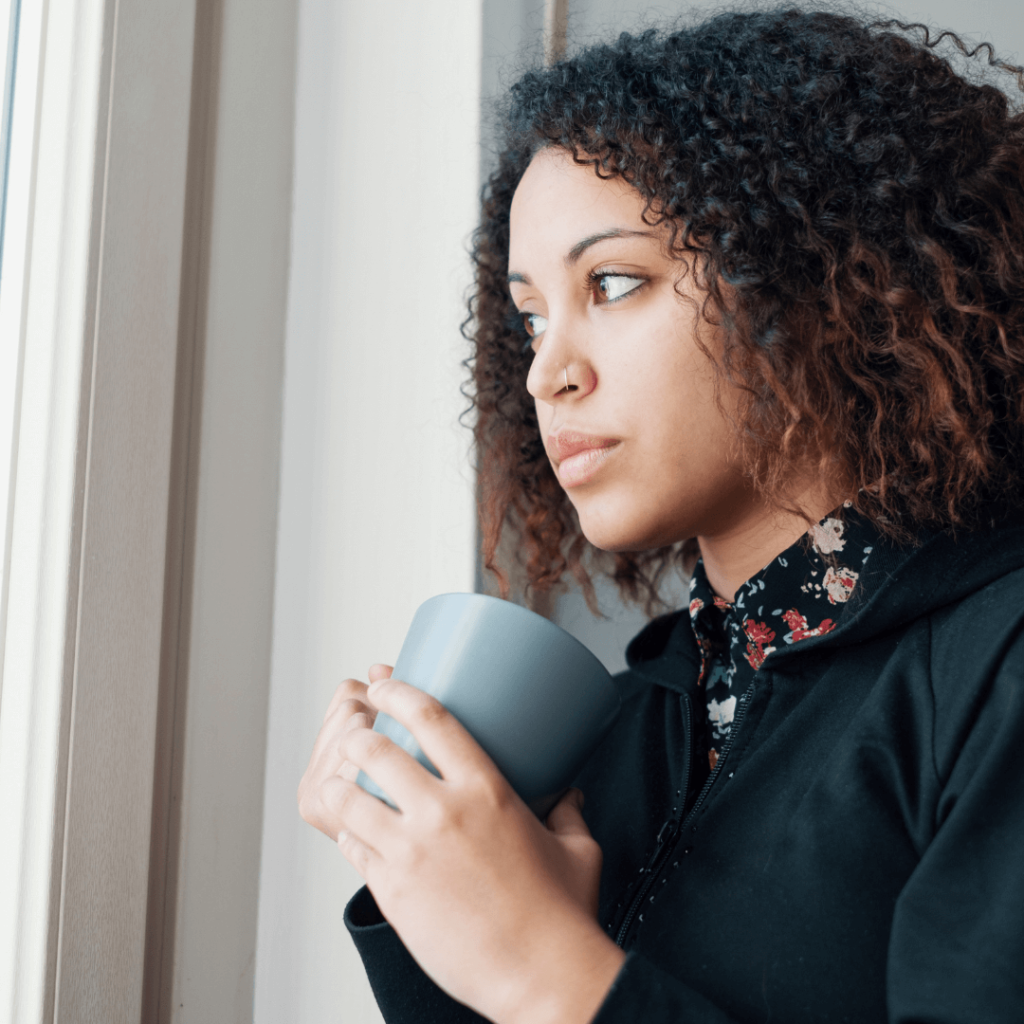
Dunbar’s Number
According to anthropologist Robin Dunbar, there are actually emotional limits to the number of friends and acquaintances that the average person can retain and that number is 150. Seems a little high but you will of course have the different levels of companionship with each person with the closest people to you usually being the smallest number.
Dunbar’s studies found the rule of 150 to be true even for early hunter-gatherer societies and still true for modern groupings such as offices, organizations, communes, and even Christmas card lists. And also people can move in and out of the different layerings of relationships within the larger group. For example, you might have five close friends, 10 just friends, 20 meaningful contacts, and 75 acquaintances but your relationships with people can change moving them from one layer to the next.
So on average, people have an array of other people in their lives and a smaller percentage have no friends at all, however, no matter which group you fall in, loneliness is still prevalent. A main factor is the quality of your connections or if you have any deep connections with anyone versus the quantity of people you know.
I can definitely relate to having a large number of acquaintances but a very small number of close friends and even smaller number of people I speak to on the daily. Of those people, a very small number I feel like I have a deep connection with.
Meaningful Connections
Not having any meaningful connections with others is a huge factor in the loneliness epidemic. Biologically we are made to have deep and meaningful connections with others and so loneliness can act as a signal like a hunger pain telling us that we’re missing meaningful connections in our lives. In this way, it binds us together.
Our very chemistry was created to share and commune with others yet sometimes we have difficulty in forming meaningful relationships which are crucial to our survival. Yet the paradox here is that embracing loneliness can also be a catalyst to self-growth and to creating forms of great expression if we can stay present in loneliness.
At the end of the day, we all want to have companionship, deep down we crave and long for deep meaningful relationships whether we admit it or not. I am very much an alone person who enjoys social isolation. I’m an only child and spent a lot of time alone and I’ve always enjoyed a certain amount of solitude. In fact, being an empath, I require probably more solitude than the average person because I’m sensitive to others emotions and feelings. And I love silence, like complete silence.
Which is why I love meditating too I guess because I can go into the depth of the silence within me and it’s very comforting. All that to say that I have still had plenty of moments of loneliness as well when it comes to relationships and friendships and even jobs because I’ve worked from home for more than 10 years which is very isolating.
Also, when my mother passed when I was 35, I felt more lonely than I’ve ever felt in my life, even though I had lots of friends and family around. Yet it was also a catalyst for me to be healthier and to start yoga and meditation.
For me, I’ve always felt alone in a way, not always lonely but just a lone wolf type person. I’ve never really held myself back from doing what I wanted because I didn’t have anyone to do it with. I either find someone or do it alone, I’ve gone to eat in restaurants alone, movies alone, and even in my 20’s when I moved to a new city alone, I went to the club to party alone and would meet new people all the time everywhere I went.
At the beginning of my awakening at around 25 is when I started to really feel the loneliness. I got to a place where it was hard for me to have small talk and connect to anyone.
However, as I’ve gotten older, I find that I have not kept in contact with people over the years and for a long time I was fine with that. However, more lately, even at the beginning of last year before covid hit, I told myself that I was going to get out more and meet more like minded people. Then covid hit, and I did end up meeting a few new people online through doing this podcast which has been great too. I think as you get older it becomes more difficult to make new friends and to keep old friends. Depending on the individuals and their life paths it’s easy to grow apart over the years.

Reasons for Loneliness
But regardless of age, people across the board report feeling chronic loneliness, even children whether they are isolated or not can feel chronic loneliness. And there are a multitude of reasons why chronic loneliness is so common in our society.
There are also studies showing as the ease of reach increases through technology, so does the loneliness factor. Research has shown that although communication through phone calls, text and webcam are great ways to communicate they cannot replace in-person human contact.
Just to list a few more reasons why you might feel lonely include:
- You feel misunderstood
- You’re afraid of intimacy
- You don’t know how to connect with others
- You struggle with codependency
- You’re going through personal changes
- You spend time with the wrong people
- You’ve lost touch with yourself
- You struggle with feelings of unworthiness
- You might have symptoms of depression
And there are so many more reasons you might feel chronic loneliness.
Dealing with Loneliness
So how do we deal with this? Is this just something we need to live with because it’s a part of human nature? I think the answer is yes and no. We will at some point in our lives feel loneliness but if it becomes a chronic feeling then there might be something we need to pay attention to.
Especially now, with the isolation from covid and more people out of work and working from home, people that might not usually feel lonely have been feeling it. And as the years go on and automation really starts to take over jobs those numbers will go up even more. And then with the evolution of AI and virtual realities, people will be so engulfed in VRs and virtual worlds that they will have even less human contact. Think the movie Ready Player One.
Anyway, let’s talk about ways to deal with the insistent loneliness that consumes our society. Like I mentioned, there will be times in your life that you feel lonely that you can’t control. Like if your loved one passes away or you break up with your loved one you will probably feel alone and lonely.
But if the loneliness persists and you feel like you really have no one to turn to whether someone is there or not then it’s your spirit telling you have some work to do to figure out why you are feeling this way. And if you are feeling lonely to the point of suicide or self harm, please please get help. You can go to a great help site right on your phone at betterhelp.com/gethelpnow and you will see the numbers to all the crisis hotlines and lifelines around the world that you need to get help right now.

Five Ways to Cope with Loneliness
Let’s talk about ways to help cope with chronic loneliness and actions we can take to help calm that feeling.
- Acknowledge the feelings of loneliness, especially if the feeling has been going on for a while. It can be hard to get out of the cycle of feeling lonely and wanting to be around people but instead isolating yourself because you’re lonely. Reach out for professional help if needed. If you have at least one person to talk to, do it. Or you can even start journaling to get your feelings out on paper.
- If you’re feeling lonely and you’re alone or even if you’re around others this might be a nudge from your spirit or higher self letting you know that it’s time to sit with yourself to find out more of who you are or to find new meaning to your life. Like I mentioned earlier, loneliness is like a hunger pain, it can be tended to and satisfied when we look for ways to help ourselves.
- Give to others. Take the focus off of yourself and use some of your time to help others. There are numerous causes to give to. Even something as simple as going to a convalescent hospital to visit elderly people who have no family is a rewarding experience.
- Find something creative to do. If you have a creative hobby start doing more of it, if not find one. There has to be something you’ve wanted to try but never have. When you find something you like to do it can be easier to relate to others who have the same interest.
- Meditate daily. Through meditation you find a deeper connection with yourself and when you feel a deep sense of self you rarely ever feel lonely because you know you have you.
Remember loneliness is a part of life and that you’re not alone in your loneliness. You just have to take some actions to allow your life to flow.
And on that note, I think I will wrap it up here. And until next time, what do we do? We must do the inner work and create a shift in our own consciousness which will create a shift in the collective consciousness. That is the goal.
Don’t forget, you can support our podcast at anchor.fm/realshifthappens
And please subscribe to Real Shift Happens: Wellness Podcast on any of your favorite podcast platforms.
You can also drop us a message on anchor.fm/realshifthappens. We’d love to hear from you or hear your thoughts on breakups and heartaches, or if you have anything you want to share.
And we will finally do our book club review so don’t forget to sign up for the Real Shi(f)t Bookclub and read or listen to the March selection, The Biology of Belief by Bruce H. Lipton, PhD. And we’ll talk about the book in the last week of March.
And if you’re like me and you don’t always have time to sit down and read a book, but you still want in, you can get two free audiobook downloads and your first 30 days free at audibletrial.com/realshifthappens and be a part of the book club discussion.
And sign up for the book club at realshifthappens.live/book-club.
Until next time, Real Shifters, go within and make real shift happen.
Peace.
